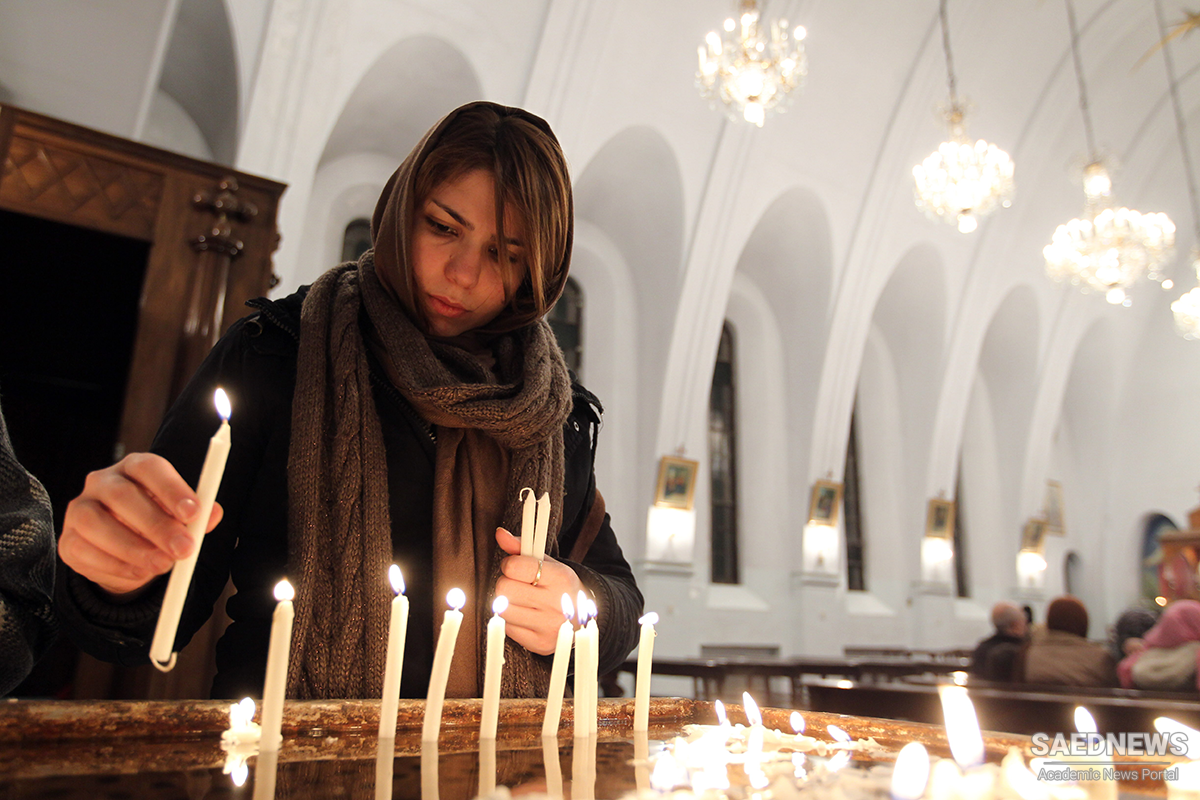Not long after the first apostasy, the Jewish community experienced a similar plight in the same year of 1619. Simon Tov Mumin, Jewish nasi (leader) of Isfahan, who was also a butcher by profession, stole money from the communal funds. As a result, his leadership was challenged and he was removed from office. Angry at his community, he apostatized and accused the Jews of practising magic against the person of the Shah, which resulted in the Jews of Isfahan and nearby towns being forced to convert to Islam. They remained Muslim between 1619- 1620 and from 1625 until the reign of Shah Safi (1629-1642), who allowed the community to return to its original faith.
The reign of Shah Abbas II was also marked by forced conversions in many of the provinces of Iran. This time, the conversion of the Jews was instigated by the Grand Vizier, Muhammad Beg. This incident must have been quite dramatic, as Arakel of Tabriz, the Carmelite missionaries and even the Muslim author Muhammad Tahir Wahid Qazwini report it alongside the Kitab-i Anusi. The crisis lasted six years from 1656 until 1662.572 The acuteness of the situation depended on the distance from Isfahan and on the disposition of the local governor. In some towns, like Gulpaygan and Khurramabad, the Jews were able to avoid conversion. The governor of Khunsar, Khalil Khan, also refused to implement the edict on the Jews, until a Jewish jeweller from Khunsar appeared at the court of Isfahan and refused to do business with Muhammad Beg on a Saturday. Thus, the Grand Vizier discovered that his decree had been ignored in Khunsar and obliged Khalil Khan to comply to his orders. The Jews of Farahabad strongly opposed the edict, and informed the authorities that they would rather die as martyrs than turn Muslim.
The Jews in Yazd were the most fortunate, as the Muslim authorities of the town supported them in circumventing the edict of the Grand Vizier.574 Matthee brings to our attention the fact that Muhammad Beg had not acted on his own initiative, but that the messianic movement which had appeared in the Ottoman Empire had had repercussions in Iran, and this had irritated the Shi'ite clergy, who pressured the Grand Vizier to take such radical measures. According to the Jesuit Alexander of Rhodes, who visited Iran in 1659, the Jews had publicly promised to convert if their expected messiah did not appear. Once their hopes did not materialize, they were forced to abjure Judaism. In order to avoid any strong protest, the Shah paid every Jewish man two tumans and every Jewish woman a tuman. Once the period of crisis had elapsed and the Muslims realized that they had failed to convert the Jews genuinely to Islam, they accepted their return to Judaism provided they paid back the money distributed to them by the Shah. A decade later when John Fryer visited Iran, he reported that the Jews were able to practise their religion without any disturbance.
Reassessing the information provided by the sources, it is a mistake to draw a simple conclusion like most modern scholars and say that the Jews were just a persecuted community, or else that Islam was relatively tolerant with them when compared with Christianity in Europe. Such interpretations commonly display the Jewish communities as passive and helpless. Considering all the reverses that the Iranian Jewry managed to surmount in its long history, it is evident that they had the political skills and the economic means to defend themselves in periods of crisis. Thus, three centuries earlier, they had overcome the fury that ensued following the fall of the Jewish vizier, Sa'd al-Dawla, by remaining politically active and producing another great vizier: Rashid al-Din.


 Religious Minorities in Islamic Persia
Religious Minorities in Islamic Persia














































